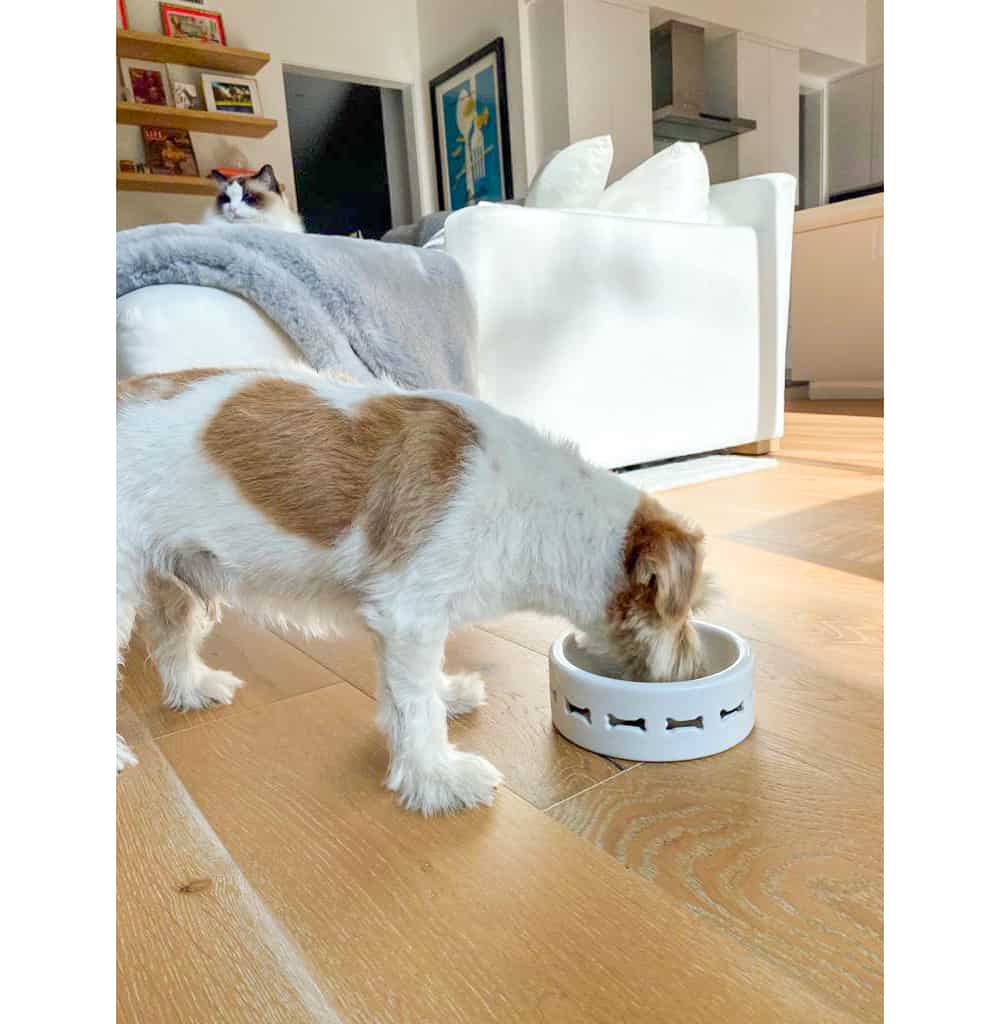Transitioning your dog to a new food requires a little bit of time and care.

Become a Member for free shipping & special discounts!

For a multitude of reasons, many dog owners will find themselves switching up their pup's diet at some point in their life. Whether you're transitioning from dry food to fresh food or simply from one protein to another, any change in diet needs to be done carefully - and slowly!
If there is one keyword to remember throughout the process of changing your dog's diet, it's "gradual". If you simply give your dog a brand new food for one of their meals without making it a slow transition, they could potentially have some digestive upset or tummy trouble - even dogs that have notoriously iron stomachs!
The rule of thumb among dog experts to avoid any problems is a 7-day transition:
Days 1-2: Replace 1/4 of the old food with the new food.
Days 3-4: Replace 1/2 of the old food with the new food.
Days 5-6: Replace 3/4 of the old food with the new food.
Day 7: 100% new food!

It can be a bit harder to get the measurements just right if you're switching from dry food to wet, or vice versa, but don't get tripped up on it - as long as the process is gradual, the measurements can absolutely be approximated.
The slow transition is also a good opportunity to see how your dog responds to the actual new food their getting, as opposed to potentially just having a response to a fast change in diet. If your dog has any problems like vomiting or diarrhea throughout the change, AKC recommends to proceed with the change even more slowly - but if your dog is still experiencing problems even with a slow change, that's when its time to check with the vet.
Sometimes in this process, you can find out your pup has certain allergies or intolerances, or might straight-up not even enjoy the new food they're being transitioned to! Finding the right food for your dog can be a lengthy process - just like it can be for us people! As always, for the best and most personalized recommendations for what food your dog should be eating, talk to your vet - and do some diligent research!

© 2025 Giadzy Privacy Policy Terms of Use Giadzy is a registered trademark. All rights reserved.